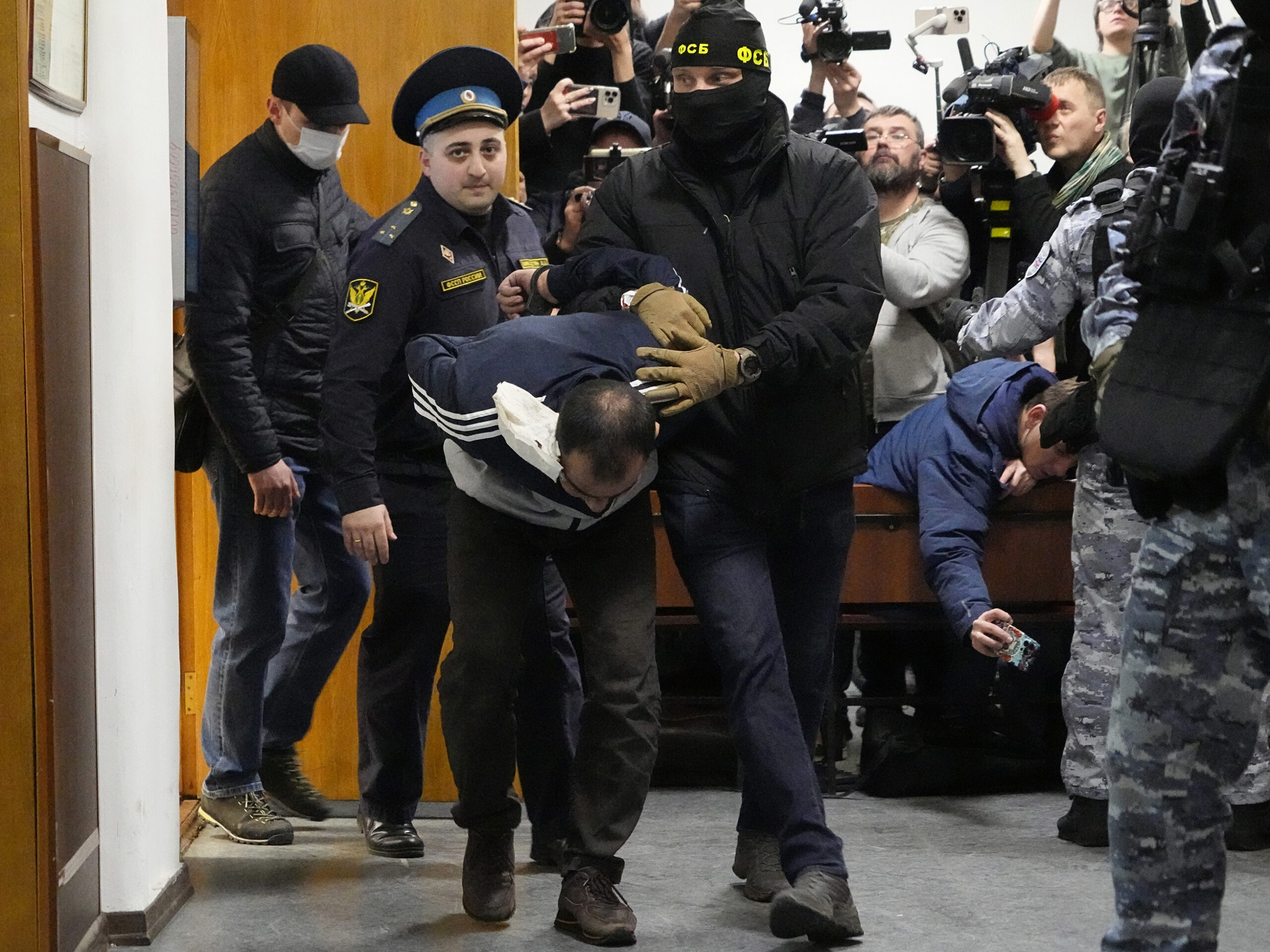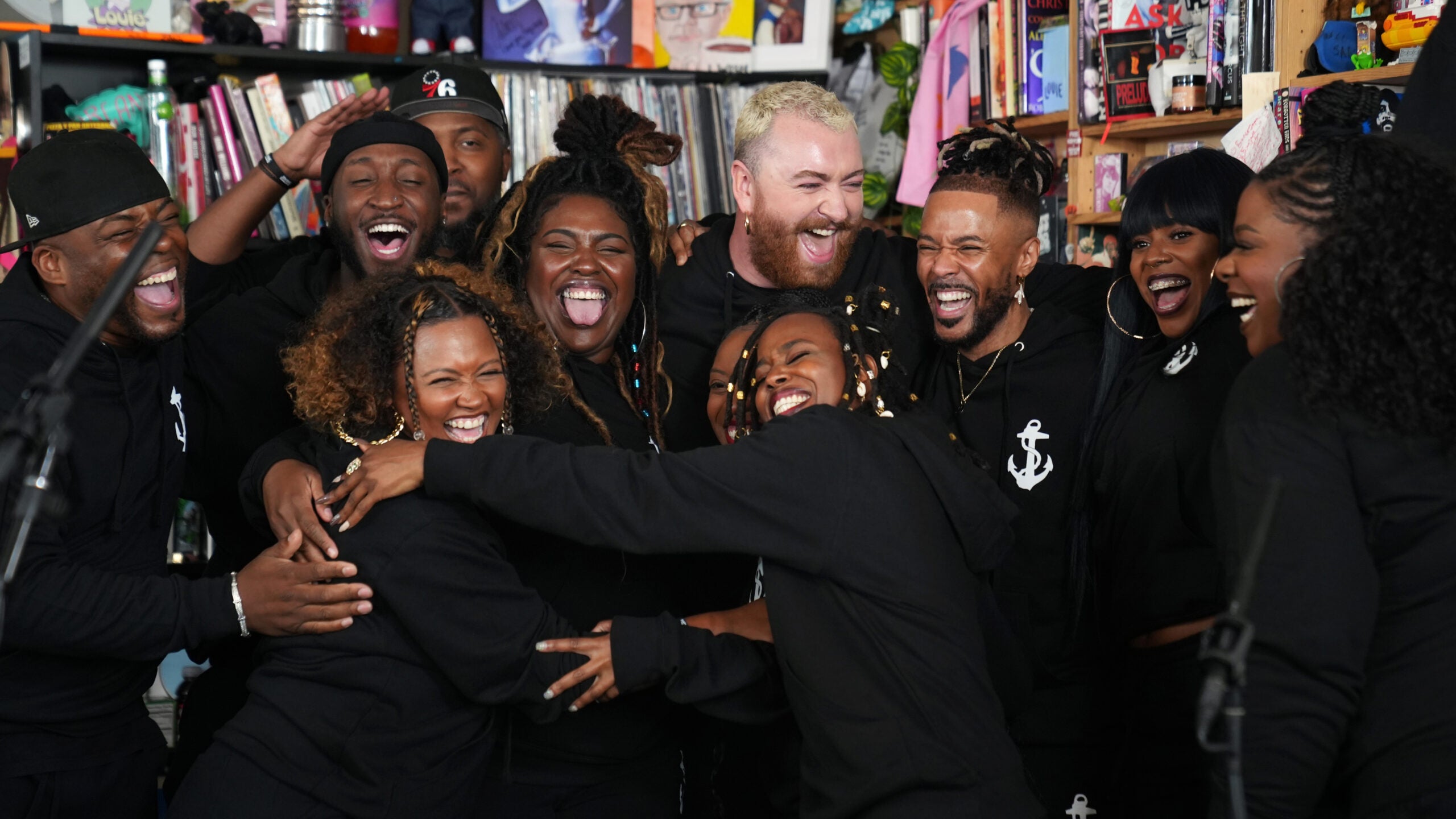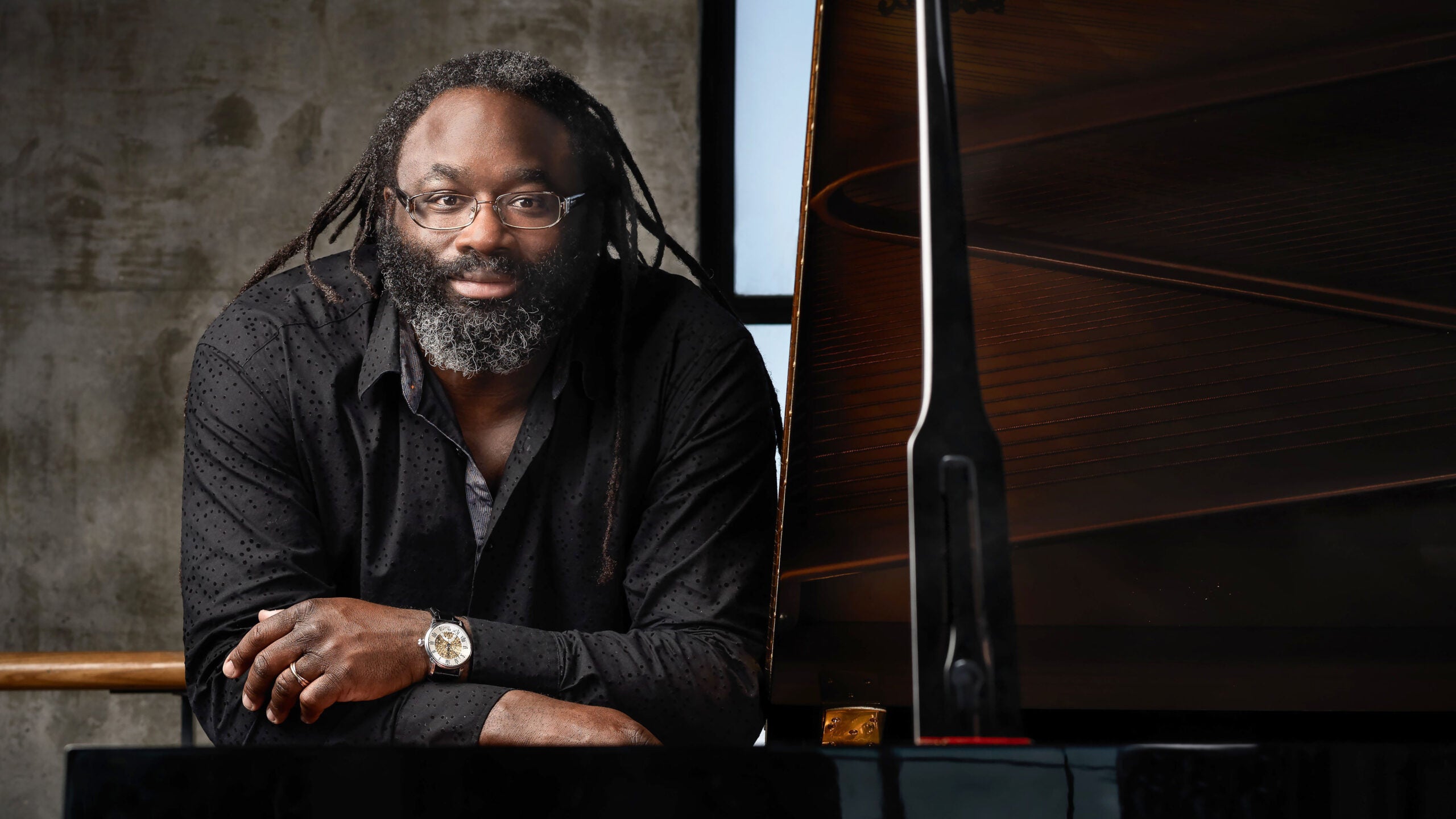For music, it was the worst of times. In September 1940, as German planes began bombing London, the main thing on everyone’s minds was survival, and yet an important part of surviving was music.
At Queen’s Hall, after audiences for several performances were kept away by alerts that ran far into the night, conductor Sir Henry Wood was forced to announce that the popular Proms concerts would have to be suspended. Before long, there was no nighttime classical music in London.
The National Gallery and a few other places continued daytime concerts, but the advent of daytime raids required crowds to wait for an All-Clear signal before they could enter the building, and delays ran as long as four hours. By September 9 daylight raids forced all of the Gallery’s concerts downstairs to the shelter room, where the first concert, an all-Bach program, accommodated an audience of 120. Pianist Kathleen Long played brilliantly even though she had just lost her home and all of her possessions. After fifty-seven consecutive days of bombing, even the Gallery management had to curtail their concerts.
Stay informed on the latest news
Sign up for WPR’s email newsletter.
Pianist Myra Hess lived away from the heart of the city, but the war found her. Across the road from her house, on Hampstead Heath, six anti-aircraft guns pounded away all through the night as incendiary bombs fell and flares illuminated nearby houses bristling with rooftop guns. One bomb obliterated the house across the road. Hess gave up her customary nighttime practicing, and, during the worst raids, used her piano as a shelter, crouching under it as she sorted through letters from aspiring musicians and planned upcoming concerts.
In addition to music, her British sense of humor surely helped Myra Hess endure the danger. As she and her niece tried to get some sleep during a night of deafening barrages, she said, “I do hope my snoring won’t keep you awake.”
Wisconsin Public Radio, © Copyright 2024, Board of Regents of the University of Wisconsin System and Wisconsin Educational Communications Board.





